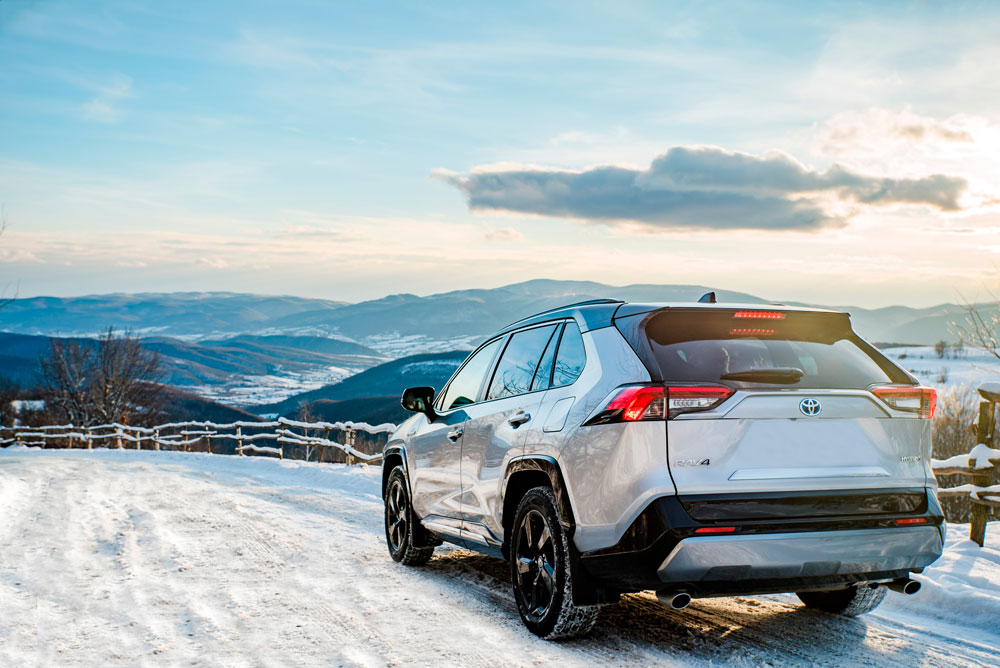
Top tips for teens behind the wheel
The weather is hot, school is out and now your teenager wants to hit the road – in your car. In 2010, more than 49,000 teens got their first B.C. driver’s licence.
Once your teen has passed a knowledge exam and vision test, they can get behind the wheel – with some restrictions. Driving is especially risky when you lack experience as a new driver. Not only are new drivers more prone to crash, one in four of their crashes result in an injury or fatality.
ICBC’s top tips to help you teach your teen how to drive smart:
No. 1 – Set the right example: Driving lessons start much earlier than you may realize – your children will observe your actions and attitude from a very young age. To set a good example, remember that most driving slip-ups result from lapses of attention – stay away from anything that takes your mind from the road whether it’s a cell phone, food, coffee or make-up. When your teen’s in the learner stage, you’ll get a copy of ICBC’s Tuning up for Drivers guide with their licence. Review it with them – it’s a great hands-on guide for new drivers and their supervisors. This is a good time for parents to brush up on the rules of the road and work on any bad habits.
No. 2 – Get in the experts: It’s certainly a good idea to give your teen as much driving experience as possible, so consider also giving them the opportunity to take some lessons with a professional driving instructor. Many driving school courses include classroom time and road safety theory. More importantly, a driving school instructor can be objective without the emotion involved in many parent-teen relationships. If you do choose this route, remember to stay involved and discuss what they’re learning.
No. 3 – Remember the restrictions: As a parent, you should know the restrictions of the Graduated Licensing Program and make sure that your teen sticks to them. The newest restriction bans GLP drivers from using cell phones and all electronic devices while driving, including hands-free. Some of the other key restrictions of the novice stage are:
- You must always display your green ‘N’ sign on the back of your vehicle when driving.
- You cannot drive with any alcohol in your body.
- You are limited to one passenger (immediate family exempt) – unless you are driving with a supervisor 25 years or older that has a valid, full driver’s licence.
No. 4 – Put it in writing: You may want to consider creating a family contract and set of house rules that are in line with the GLP restrictions. Go to icbc.com and create your own family contract that sets out your expectations of your teen, the responsibilities you want them to show on the road and the consequences for breaking those rules. Like any contract, it should be a two-way deal – as a responsible parent, you should agree to drive your teen home if they’ve been drinking to stop them from being tempted to drive impaired.
No. 5 – Gearing up: The type of car your teen learns to drive can make a big difference. It’s best to learn how to drive on a vehicle that’s a manageable size and has good visibility. Stick to an automatic transmission until your teen has mastered the basics. A great way to help build your teen’s confidence is to start out on roads with less traffic and avoid rush hour congestion.
As a final bonus tip, if you’re letting your teen drive your car, don’t forget to check that you have the right insurance coverage for that kind of use. If your vehicle is rated in an experienced rate class (all drivers in a household with at least 10 years of driving experience) then the rate class will need to be changed.
Visit icbc.com for more tips for parents and resources for teens like video driving tips, which you can subscribe to online.
You can also download a new practice knowledge test app for smartphones free from the Apple App Store or visit icbc.com to try the online practice knowledge test.
POPULAR POSTS
-
 June 30, 2025Wildfire Preparedness in BC: What Every Homeowner Needs to Know
June 30, 2025Wildfire Preparedness in BC: What Every Homeowner Needs to Know -
 July 3, 2025Understanding Strata Insurance in British Columbia
July 3, 2025Understanding Strata Insurance in British Columbia





















